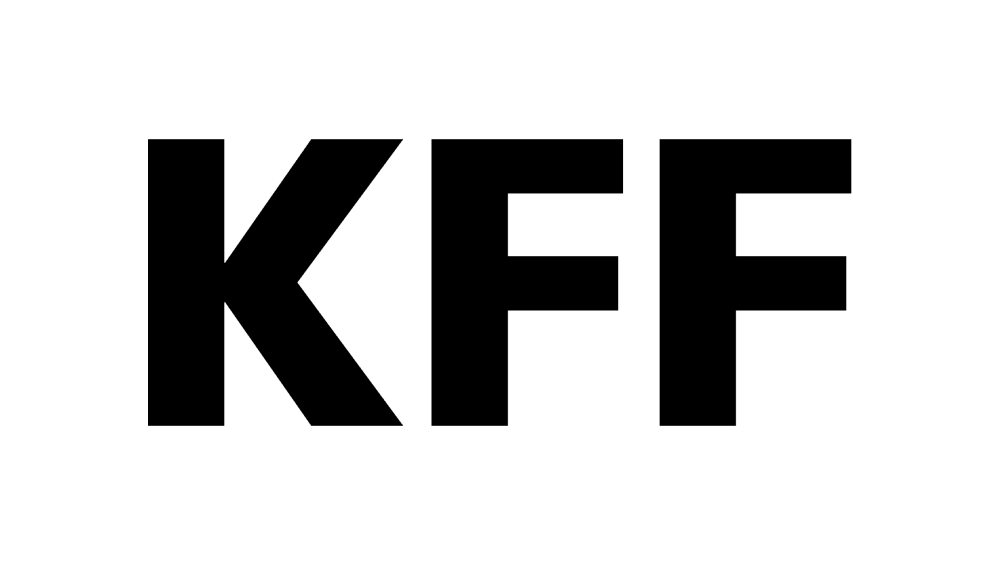 Why Premiums Will Change for People Who Now Have Nongroup Insurance
Perspective
Why Premiums Will Change for People Who Now Have Nongroup Insurance
Perspective
The federal government recently released draft regulations that address the benefits, market rules, and rating practices for nongroup coverage. Before reform, the nongroup market was widely acknowledged to be broken, with restricted access, limited benefits, high administrative costs, and frequent and large premium increases subject to inadequate oversight. Recent requests for…